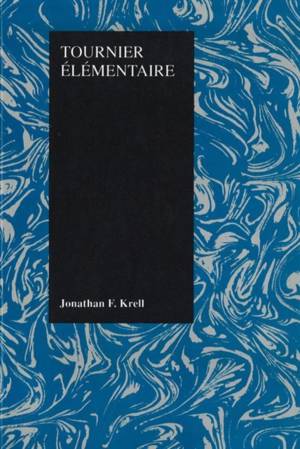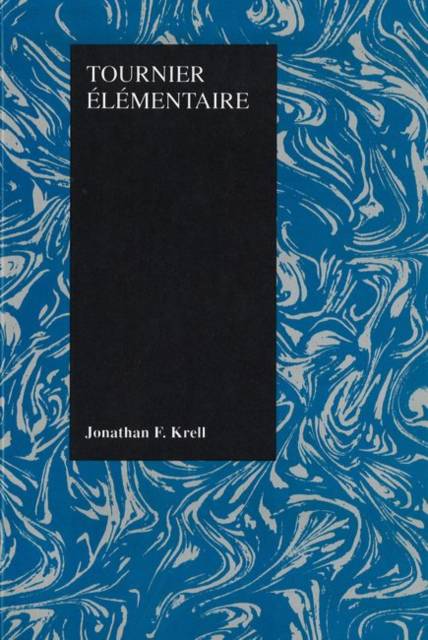
- Afhalen na 1 uur in een winkel met voorraad
- Gratis thuislevering in België vanaf € 30
- Ruim aanbod met 7 miljoen producten
- Afhalen na 1 uur in een winkel met voorraad
- Gratis thuislevering in België vanaf € 30
- Ruim aanbod met 7 miljoen producten
Zoeken
Omschrijving
Michel Tournier, member of the Acadimie Goncourt and one of the most influential French writers of the post-Nouveau roman period, stresses the crucial interrelationship that exists between myth and literature. It is the writer's duty, he states, to keep myths alive by continually renewing and transforming them, re-releasing them in an ever changing social context. Written in French, this study considers the Tournier novel as the story of a voyage in a literal and figurative sense. Jonathan Krell uses the term "elementary" to characterize this voyage through the universe of Tournier's imagination, which is dominated by the four primordial elements: earth, water, air, and fire. Building on a foundation of Western culture's rudimentary myths, such as the ogre, twinship, and the Biblical stories of creation and the magi, Tournier performs a radical and disturbing transformation. Professor Krell shows how the transformation is made.
Specificaties
Betrokkenen
- Auteur(s):
- Uitgeverij:
Inhoud
- Aantal bladzijden:
- 240
- Taal:
- Frans
- Reeks:
- Reeksnummer:
- nr. 6
Eigenschappen
- Productcode (EAN):
- 9781557530561
- Verschijningsdatum:
- 1/11/1994
- Uitvoering:
- Hardcover
- Formaat:
- Genaaid
- Afmetingen:
- 159 mm x 233 mm
- Gewicht:
- 498 g

Alleen bij Standaard Boekhandel
+ 101 punten op je klantenkaart van Standaard Boekhandel
Beoordelingen
We publiceren alleen reviews die voldoen aan de voorwaarden voor reviews. Bekijk onze voorwaarden voor reviews.











